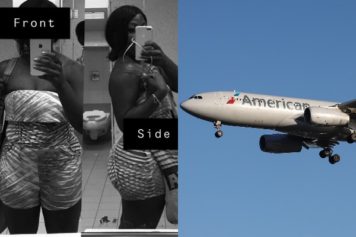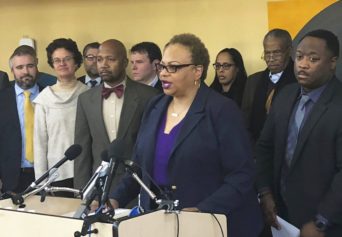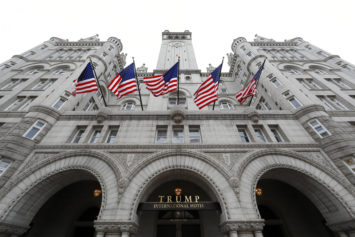In a move that shocked airline industry insiders, the U.S. Justice Department—along with the attorneys general of six states and the District of Columbia—filed a lawsuit on Tuesday seeking to block the proposed merger of American Airlines and US Airways, which had been working for the past year to create the world’s biggest airline.
The Justice Department said in its lawsuit that the merger would substantially reduce competition, increase air fares and cut service—stunning the two carriers, who had been confident the deal would go through with only a few changes, particularly after they didn’t meet much resistance during recent Congressional hearings. It’s the first time antitrust regulators challenged an airline merger since the planned merger in 2001 between United Airlines and US Airways. But since that challenge, Delta Air Lines merged with Northwest Airlines, United merged with Continental, and Southwest merged with AirTran.
However, consumer groups and some economists in recent years have been pushing the idea that the wave of mergers had contributed to higher airfares and less choice for consumers.
“Today’s action proves our determination to fight for the best interests of consumers by ensuring robust competition in the marketplace,” said Eric H. Holder Jr., the United States attorney general.
According to the Justice Department suit, the vast majority of domestic airline routes were already highly concentrated and a merger of American and US Airways would result in four airlines controlling more than 80 percent of the United States market for commercial air travel.
In addition, a merger would create a dominant carrier at Ronald Reagan Washington National Airport, meaning the new combined company would control 69 percent of the takeoff and landing slots and have a monopoly on 63 percent of the nonstop routes served from there.
“By further reducing the number of legacy airlines and aligning the economic incentives of those that remain, the merger of US Airways and American would make it easier for the remaining airlines to cooperate, rather than compete, on price and service,” the complaint said.
“While shareholders might benefit, creditors might benefit from consolidation, the fact of the matter is, consumers will get the shaft,” Bill Baer, assistant attorney general for the antitrust division, told reporters in a conference call. “The right option here is a full-stop injunction.”
Investors dumped both stocks after the Justice move, with American shares plummeting $2.70 or 47 percent and US Airways dropping $2.07 or 11 percent.
Baer argued that consumers would suffer hundreds of millions of dollars in higher costs because US Airways seeks to reduce capacity in the industry, which would lead to higher ticket prices and fees for checked bags and changing flights.
“We think it’s pretty messed up,” Baer said. “It’s pretty bad for consumers.”
But the two carriers said they would defend their merger plan.
“We believe that the D.O.J. is wrong in its assessment of our merger. Integrating the complementary networks of American and US Airways to benefit passengers is the motivation for bringing these airlines together,” they said in a joint statement. “Blocking this pro-competitive merger will deny customers access to a broader airline network that gives them more choices.”
US Airways CEO Doug Parker, who would lead the combined airline, vowed to fight the lawsuit in a letter he sent to airline workers today.
“We are extremely disappointed in this action and believe the DOJ is wrong in its assessment,” Parker said. “We will fight them.”
The announcement is a serious blow for American, which is trying to exit the bankruptcy it filed two years ago. American, which had racked up losses of about $12 billion since 2001, decided to enter a merger with rival US Airways while still under court protection. In February, the two airlines agreed to the deal valued at $11 billion.
Though they said they will fight the DOJ move, John Briggs, a Washington lawyer who is co-chairman of antitrust and competition at Axinn, Veltrop and Harkrider LLP, has his doubts. He said the complaint is so strongly written that it could discourage the companies from pursuing the merger.
In the lawsuit, the Justice Department lists more than 1,000 city pairs that both airlines serve that are “presumptively illegal” under the merger, besides the anticipated complaint about the merged airline holding too much control over Reagan airport.
“This has the stench of all being over,” Briggs said. “This deal is going to be very hard to litigate.”


